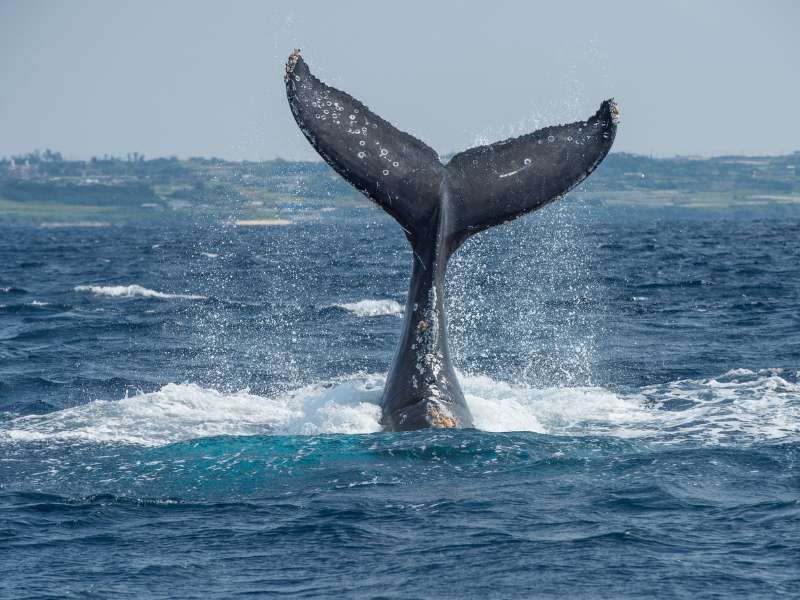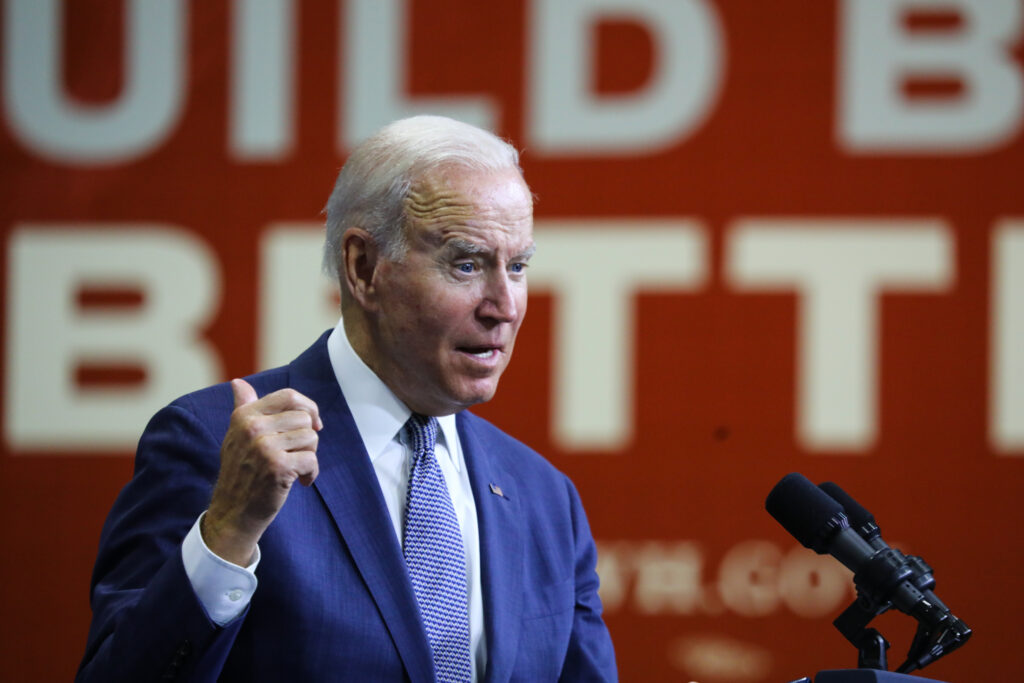Opinion
-

A Green Embargo by China Will Trigger a Financial Crisis That Will Implode the US Economy
Opinion -China is positioned to adversely influence lithium-ion battery production worldwide. -

The Big Gov-Big Tech War on Internet Providers
Opinion -Why do the biggest and richest companies in the history of Planet Earth get government-imposed blanket third-party-action immunity? -

This Economy Does Not Look Good
Opinion -Until Congress and the president get serious about decreasing the burden of government on the nation’s productive people, America’s long-term economic prospects will continue to decline. -

Is Climate Change Spurring Child Labor? No, but EV Batteries Are.
Opinion -One good way to ensure that child labor continues is by increasing the demand for solar panels and other “green” technologies that rely on mining in extremely poor areas, and by denying those poor countries the ability to develop using affordable and reliable fossil fuel energy. -

Will Arizona Stand Up Against Slave and Child Labor?
Opinion -The policy solution in HB 2591 would simply require that any EV manufacturer provide a sworn statement that consents to jurisdiction by the state over the manufacturer and certify that no entity involved in the production of the EV or its components used forced labor or child labor throughout its supply chain. -

Bipartisan Bill to Protect Children from Social Media Is Back
Opinion -As someone who grew up well before social media came into being, I am incredibly grateful that I had a “normal” childhood in which I played outside with friends and interacted with acquaintances in person rather than in cyberspace. -

Offshore Wind Is Gearing up to Bulldoze the Ocean
Opinion -The Biden Administration has recently produced a wave of plans and regulatory actions aimed at building a monstrous amount of destructive offshore wind. No environmental impact assessment is included. Time scales range from tomorrow to 2050. Here is a quick look at some of it, starting with the Grand Plan. “Pathways to Commercial Liftoff: Offshore […] -

Department of Energy: The New Philosopher King
Opinion -To assume free people voluntarily ignore things that save them money and enhance their quality-of-life is to assume ordinary people are too dumb to know what’s good for them. Too dumb to govern themselves. -

PRESS RELEASE: Federal Judge Questions Whether Dominion Energy Has Proper Approvals to Begin Offshore Wind Project
Opinion -Press Release -Lawsuit seeks preliminary injunction to force comprehensive studies on the massive project’s effect on habitat of critically endangered North Atlantic right whale. -

Biden Touts ‘Strong’ Economy as Americans Struggle to Make Ends Meet
Opinion -The overriding reason that those in the working class actually got ahead during the Trump years is simple: inflation remained low and incomes rose, resulting in households having more disposable income and a decrease in poverty rates. Under Biden, the utter reverse has taken place. -

Despite Plenty of Pitfalls, Biden Doubles Down on Off Shore Wind Farms
Opinion -Instead of allowing American companies and consumers to decide what type of energy source they prefer to power their homes and businesses, the Biden administration has put its giant thumb on the scale in favor of supposedly environmentally friendly wind and solar. -

Environmentalists’ Silence on Humanity and Environmental Atrocities
Opinion -Both China and Africa have minimal labor and environmental laws, resulting in extensive environmental degradation and humanity atrocities that support “clean” EV batteries. -

Official Temperature Data Aren’t ‘Data’ and Shouldn’t Be Used to Restrict Freedom
Opinion -While the surface data may be the best source we have, when it is as biased or even fabricated as it is increasingly found to be, there is no way it should be used to drive public policies limiting the freedom of billions of people in their personal and economic affairs, all in the vain hope of controlling the weather in the future. -

Governments Cannot Change the Automobile Market
Opinion -What went wrong for electric vehicles a century ago were the same things that hold consumers back today. -

Florida’s New ‘History of Communism’ Law Is a Model All States Should Follow
Opinion -I spent five years teaching U.S. history, world history, and American government, during which I chronically witnessed what I can only describe as “socialist indoctrination” from most of my colleagues. In many cases, blatantly pro-socialist ideology was being masqueraded as “giving both sides.” -

Is Widespread Illegal Voting the New Normal?
Opinion -One of the reasons that I believe more voters than ever are prone to engage in illegal voting is because the federal government wields vast powers, far beyond what the Founding Fathers envisioned when they drafted the Constitution. -

New Poll: Nearly Three in 10 Voters Say They Would Vote Illegally in 2024 Election
Opinion -The best course of action to achieve robust election integrity is for state lawmakers to impose sound election rules that prevent the possibility of illegal voting from occurring in the first place. -

Innovating for a Water-starved Planet
Opinion -Perhaps instead of spending countless trillion of dollars trying to replace fossil fuels with wind, solar and battery technologies, we should focus on adapting to whatever climates we live in or encounter -- especially since China is building hundreds of coal-fired power plants to manufacture wind turbines, solar panels, EVs, grid-scale batteries and transformers to sell to Western nations for that “energy transition.” -

Heartland Institute Poll Shows Nearly Three in 10 Voters Would Vote Illegally in 2024 Presidential Election
Opinion -Press Release -According to the poll, conducted by Rasmussen, approximately 44 million Americans would vote illegally in 2024 election “to prevent other side from winning.” -

-

California Sets New Rule for Chevron, Gas Price Is Expected to Rise
Opinion -In a recent interview, energy expert Ronald Stein discussed California’s shifting energy landscape and the challenges of transitioning away from fossil fuels. -

Off Shore Wind Farms Are Detrimental to Whales
Opinion -Although correlation does not automatically lead to causation, in this particular instance, it sure seems likely that there is a connection between the rapid rise in whale deaths and the pre-construction and construction activities of the off shore wind farms along the U.S. East Coast. -

Lack of Consumer Demand for Electric Vehicles Must Be Acknowledged
Opinion -Because the lack of organic consumer demand for EVs is becoming more apparent by the day, the Biden administration is resorting to heavy-handed tactics to “nudge” Americans away from gasoline-powered cars. -

Biden’s Medicare Advantage Cuts Are Tantamount to Throwing Grandma Over the Cliff
Opinion -Biden didn’t merely propose Medicare Advantage (MA) reforms a dozen years in the future. He cut rates from a projected 2.44 percent to 2.33 percent, despite industry predictions of a 4 to 6 percent growth rate.